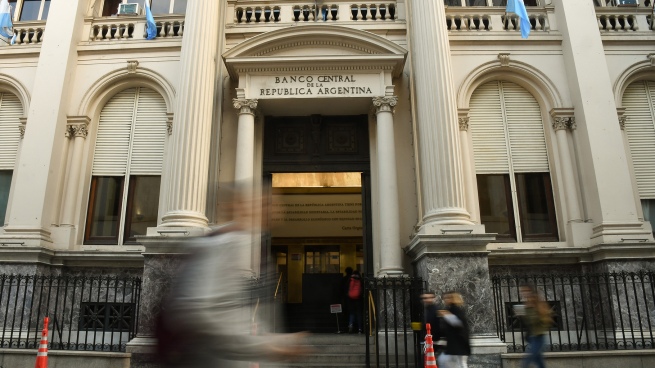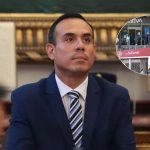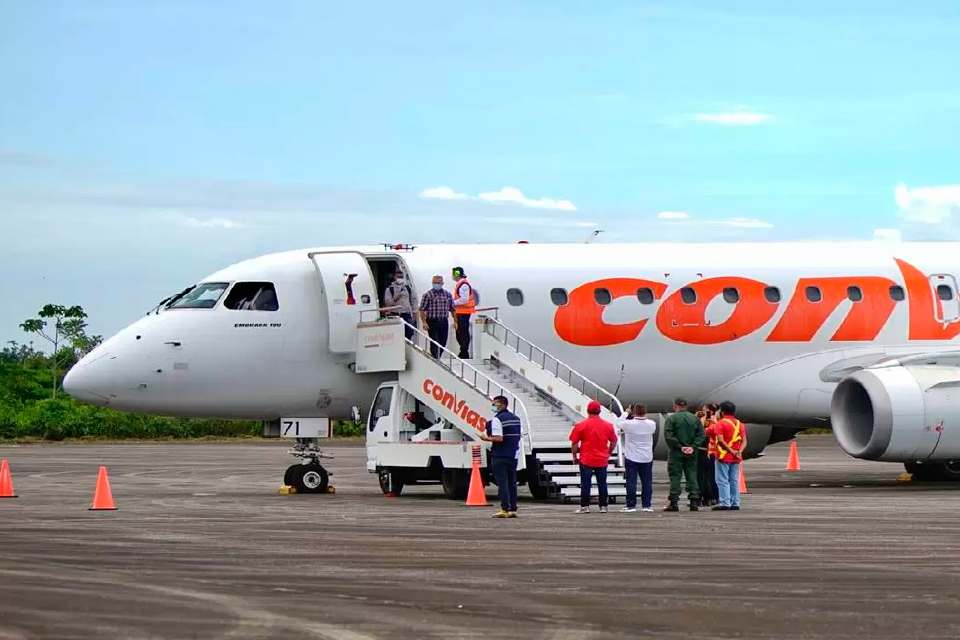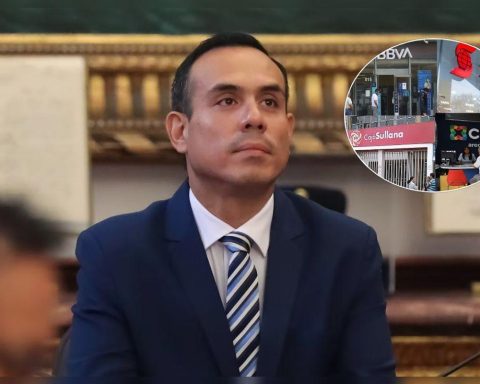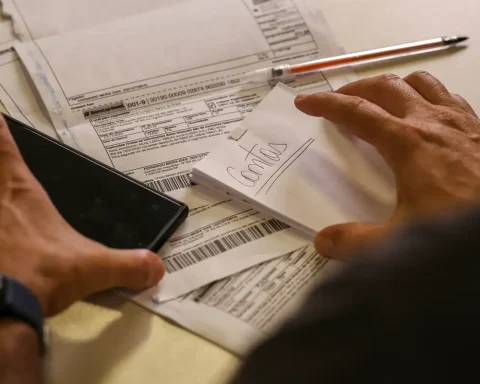The Central Bank of the Argentine Republic (BCRA) decreed that, as of tomorrow, producers who have accessed the preferential exchange rate of $200 per dollar for the export of soybeans or derivatives will not be able to access the purchase of the stock dollar -CCL or MEP- nor the called “saving dollar”.
The measure was made official this Monday afternoon through Communication “A” 7609 in which it was established that “clients residing in the country dedicated to agricultural activity who sell merchandise within the framework of Decree No. 576/ 22”, which established the Export Increase Programwhich recognizes a preferential exchange rate of $200 per dollar until September 30.
“The economic agents that have sold soybeans within the framework of the Export Increase Program will not be able to access the foreign exchange market for purchases of foreign currency nor carry out operations with titles and securities with settlement in foreign currency”said this Monday afternoon the monetary entity in a press release.
And I add: “This provision will be effective as of September 20, 2022.”
That is, they will not be able to buy the US$ 200 quota at the savings exchange ratewhich this Monday closed at $249.03.
Nor will they be able to access those of the stock market segment, such as the Cash With Liquidation dollar (CCL), which this Monday stood at $303; or the MEP dollar, which ended at $295.64.

According to market data, since the beginning of the Export Increase Program, almost US$3.9 billion have already been settled at the special exchange rate.
Last week, the BCRA established that people who receive a subsidy in public service rates will not be able, while they maintain that benefit, to make purchases of foreign currency, either through the so-called “savings dollar” or in the stock market.
“The Board of Directors of the BCRA provided that users of natural gas supplies through the network, electricity and drinking water, as long as they receive a subsidy in some or all of these services, they will not be able to access the official market or carry out operations with titles and other securities with settlement in foreign currency”reported the monetary authority in a statement.
This restriction is added to another of the conditions set by Communication “A” 7105 of 2020 of the BCRA, which does not consider the quota to be admissible for those who “are beneficiaries of any plan or program characterized as social assistance.”
Weeks ago, the director of the BCRA, Agustin D’Attellishad anticipated that the monetary authority was analyzing prohibiting the sale of the so-called “savings dollar” in financial entities to those who receive subsidies on electricity and gas rates.
According to D’Attellis, the restriction to those who have completed the rate segmentation form and continue to receive the subsidy “is in line with measures that we have already applied at another time.”
“Every time a state subsidy is received, this possibility is cut off and, in this case, the same thing could happen,” he remarked in an interview.
In this sense, in October 2020, the Central Bank decided to prohibit the purchase of foreign currency for the highest level of public administration, national legislators and directors of official banking entities.
Those who accessed the MEP or CCL dollar in the last 90 days, monotributists who have credits in progress at a subsidized rate, individuals who spent their US$ 200 quota with a card, people who have a payment plan of 12 fees for credit card debts, those who refinanced their debts with banks for personal, pledge or mortgage loans, among others.
